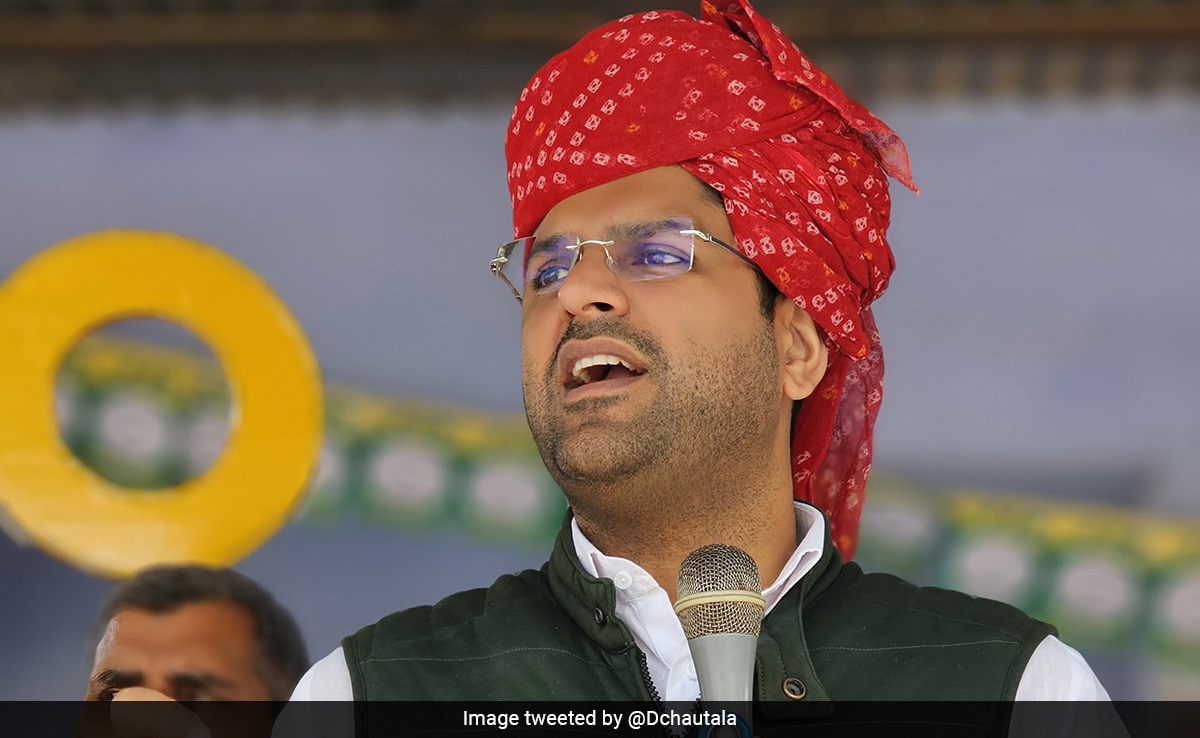
Hours after the Haryana law mandating 75 per cent reservation for residents of the state in private-sector jobs was struck down by the Punjab and Haryana High Court, Deputy Chief Minister Dushyant Chautala told NDTV that the government will approach the Supreme Court.
“We are waiting for the order to be put online. We will take the legal remedy and move to Supreme Court to put a stay on this order,” Mr Chautala, whose JJP (Jannayak Janta Party) is a junior partner in the BJP-led alliance, told NDTV in a telephonic interview.
The Haryana State Employment of Local Candidates Act, which was passed by the Haryana Assembly in November 2020 and had received the governor’s assent in March 2021, was seen as the brainchild of the Jannayak Janata Party.
Providing 75 per cent reservation in private sector jobs for state domiciled candidate was a key poll promise of the Jannayak Janta Party at the time of 2019 assembly polls.
The Deputy Chief Minister drew attention to the fact that the Punjab and Haryana High Court had stayed the Act in February 2022 but the order had been set aside by the Supreme Court days later following an appeal by the state government.
“We wanted to generate employment at the local level. It would have benefited the industry on two levels. First, they would not have had to pay transportation and accommodation cost, and second, local skilled labor would have been available. We have seen how industries are ruined when skilled workers go back to their cities,” said Mr Chautala, underscoring the need for such a law.
Mr Chautala added that the industry was consulted, and their views were incorporated.
“Technical jobs were dropped. The Act was for non-technical jobs,” he said adding workers were to be paid a monthly salary or wages of less than Rs 30,000.




